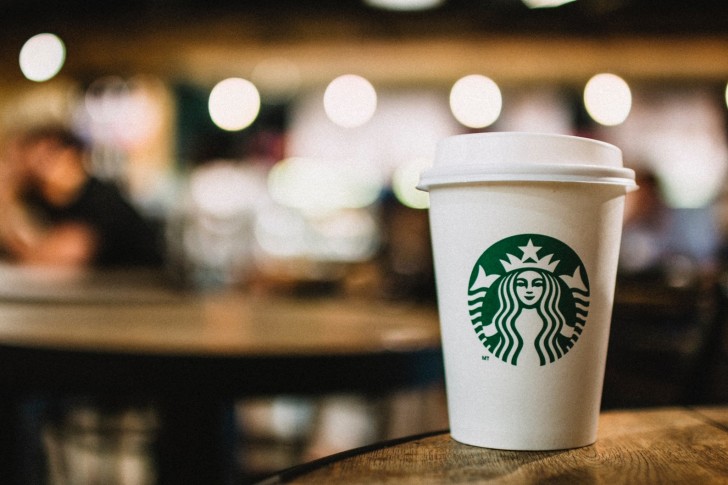Blockchain Beans
Starbucks, under its constant effort to show transparency in its supply chain and ethically source coffee beans, has decided to use blockchain for the effort. It will be using Microsoft Azure blockchain for tracking coffee bean shipments from around the world, intending to bring “digital and real time traceability”in its supply chain.
The Azure blockchain will be used to record all changes and additions made in the supply chain, right from the start, coffee plantations- and down to the retail shop the coffee will be sold at.
Users will be able to view the complete supply chain of their caffeine brew on the Starbucks application. Details would include the very source, where were the beans roasted and as well information on the taste of the specific beans.
Starbucks also hopes that the traceability will give coffee growers and farmers the opportunity to see where their coffee beans go and how much is used in a cup. SVP of Global Coffee & Tea at Starbucks, Michelle Burns said, “I firmly believe that by empowering farmers with knowledge and data through technology, we can support them in ultimately improving their livelihoods,” and “This kind of transparency offers customers the chance to see that the coffee they enjoy from us is the result of many people caring deeply”
Microsoft also said that the blockchain traceability will allow consumers to know how their favorite caffeine beverage is helping farmers around the world. Starbuck currently sources beans from nearly 380,000 plantations.
Beverages and More
Recently, many food and beverage companies have been testing blockchain for tracking of their products. The immutable and transparent nature of blockchain gives them exactly the right set of characteristics that allow for tracking of the supply chain and identifying any issues. Recently, another U.S. food giant, Bumble Bee started working with SAP to develop a blockchain traceability system; while FDA has set its eyes on the technology for food tracking after an E. Coli outbreakin lettuce produce.
The technology is also being used for other purposes in the beverage industry. Carbonated drink heavyweight PepsiCo has also announced that it had achieved a remarkable 28% increase in efficiencyusing the decentralized technology, albeit this time in the marketing field.
 Saad Ullah
Saad Ullah

 Saad Ullah
Saad Ullah


